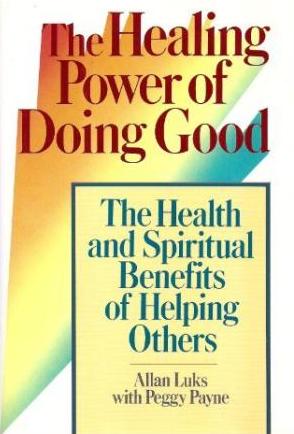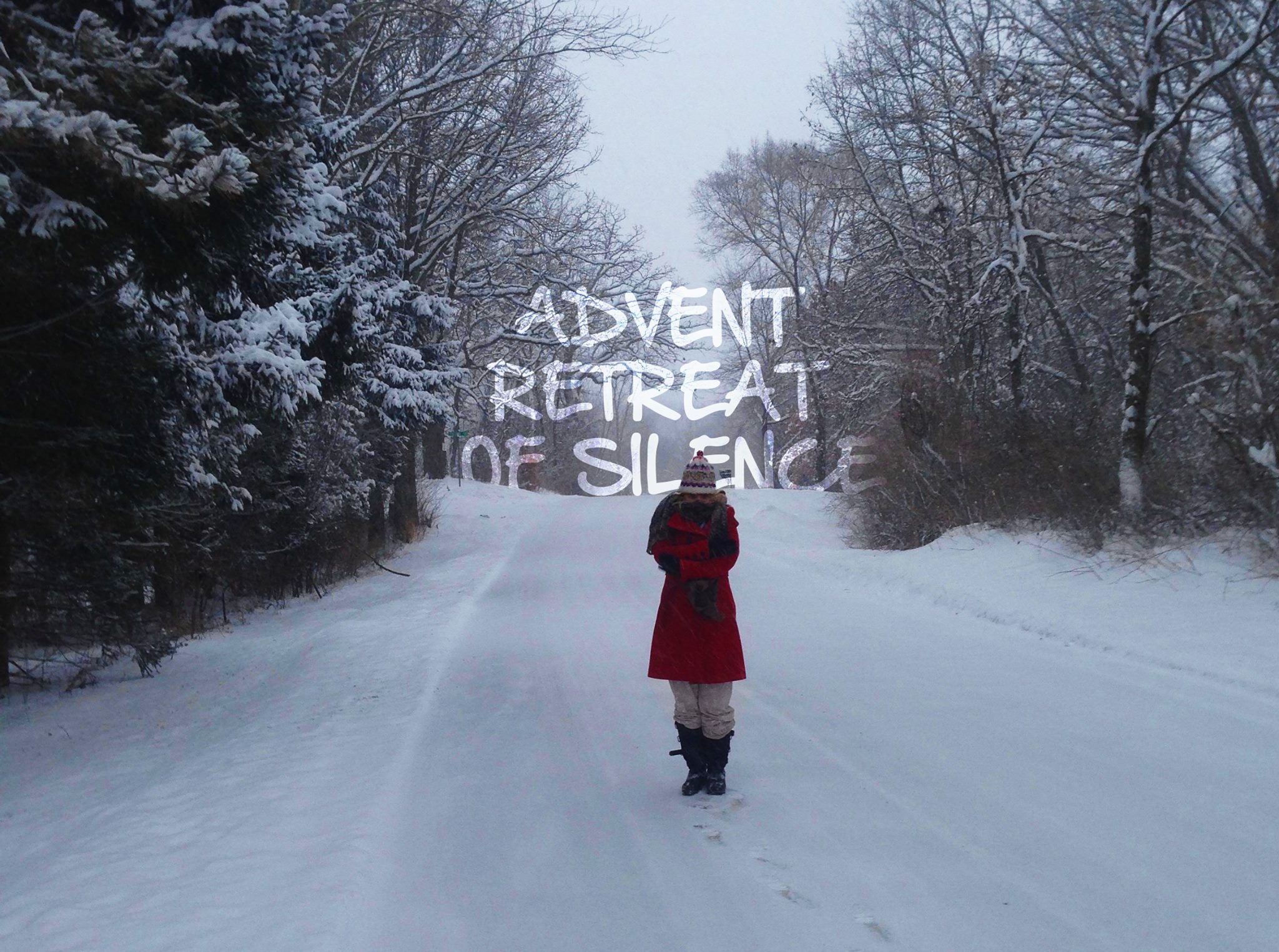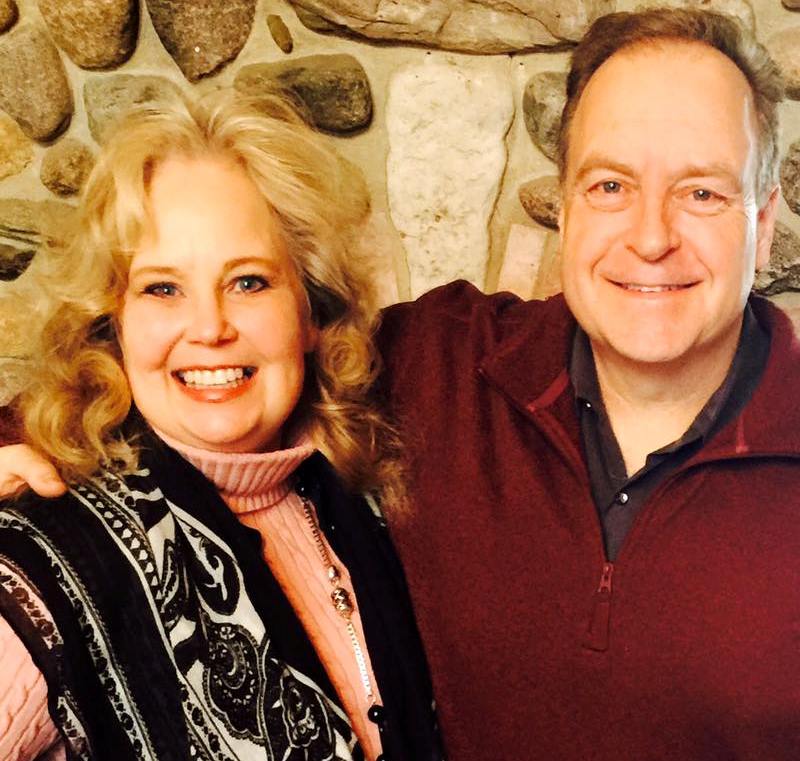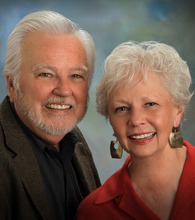Winter Is Coming!
Now before saying anything else, I, contrary to the opinion of some 30 million fellow Americans, HATE the show. I blitzed the first five seasons (not all at one sitting), thinking, Certainly there has to be a turning to this unremitting evil, to this bloodthirstiness, to these gratuitous brothel scenes, to this ruthless power-hunger. As far as I could tell, there was no turning in the plot, no redemptive message or element. Indeed, any character with any kind of moral bent was slaughtered in the early parts of the series. Its paganism, to the point of child sacrifice, was wearying. To my mind, GOT, as it is alliterated, is one of the clearest portrayals of a world without the persuasion and formation of the rigorous holiness and tender loving-kindness of Christ, a world mostly without mercy, with few unselfish humans, without meaning. No happy endings here in Westeros, the fictional continent where all these disorders rage. Just brutality. At the end of season five, I felt I had watched enough. NOTHING redemptive! However, I have discovered something in Game of Thrones that has stunned me, a reality beneath the surface of murder and mayhem, that I was not prepared to detect. As I loudly proclaim my dismay to the younger set in the Mains clan about various popular-culture entertainment—my grandchildren, most of whom by now are young adults—often inform me how out-of-touch I really am. I also hated the television series Stranger Things, and to my chagrin, discovered a couple of my grandkids differed from me in their opinions—“Oh, Nina! I loved Stranger Things; it was one of my favorites last season.” So why watch things you hate on television? Great question. Why spend hours blitzing something that doesn’t bring you aesthetic, intellectual or philosophical pleasure? Good question again. Well, for one reason, as a writer, I often pick up a play or a book or a movie that has achieved popular renown just for the sake of being informed and of being able to make intelligent conversation with its fans. I ask myself: Why are people so drawn to this work? My children (all grown and all media-sophisticated) tease me about finding “Christ figures” in everything. Hardly. I will admit I seek to discover spiritual resonance in many popular shows and books, and do discover meaning, often without their non-spiritual creators intending or knowing these themes are hidden in the plots, often without even the approving audience understanding that a certain transcendence is why they are drawn to the piece. The author of the books from which the television show is adapted (preparing to film its eighth and final season) is an American, George R.R. Martin. The book series is titled A Song of Ice and Fire. Martin’s bio says he attended Catholic schools, and he is admittedly brilliant enough to create an involved storyline, an imaginative world that focuses on a cast of literally hundreds of characters. The narrative arc is complex with what one reviewer noted as the author’s tendency to be comfortable with the Shakespearean capacity for senseless tragedy (lots of it!). Wikipedia quotes Martin’s response to a question on his religious views, “I suppose I’m a lapsed Catholic. You would consider me an atheist or agnostic. I find religion and spirituality fascinating. I would like to believe this isn’t the end and there’s something more, but I can’t convince the rational part of me that makes any sense whatsoever.” Oh, watch out for those lapsed Catholics—particularly the brilliant ones. Sometimes they do what they know not. Sometimes redemptive themes creep into their work when they themselves least expect it. Martin has created a fictional world that exists outside a Christian construct, but toward the end, a particularly Christian message is sounded. Martin’s is a world I do not want to live in, but due to all the red flags that seem to be appearing in our day, I suspect it is a place that is coming—a world in which we will have to live. A truly post-Christian world. Without a doubt, Game of Thrones is not that masterwork created by Tolkien, Lord of the Rings. There are not the themes, the moral philosophy, the love of philology or the cosmology of a faith system that informs the narrative. But then, aren’t almost all of our modern media portrayals focusing on societies based on violence, personal gain, terror and mayhem? Who needs a mythic/historical series to bring this to our attention? As culture critic Martha Bayles, in her book Through A Screen Darkly: Popular Culture, Public Diplomacy, and America’s Image Abroad, reminds us after first making the point that diplomacy is being made mostly by the exportation of our popular culture: “Instead, America is sending raunchy sex comedies, blood-drenched horror films, and crude talk and reality shows into non-Western societies where the vast majority of the population is socially and religiously conservative.” In the case of Game of Thrones, I definitely started blitzing a series I dislike in order to communicate with my teen grandkids as well as the young-adult ones. “Nina,” said the 21-year-old, an astrophysics major with a 4.0 GPA. “Game of Thrones does take a turning in season seven.” So, reluctantly, I blitzed season six to get it behind me, still disapproving, and have now watched season seven weekly. To my surprise, despite the political machinations, Game of Thrones is finally achieving some moral meaning. Because of season seven, I went back to the source, ordered the first book in the series, Game of Thrones, and blitzed it too. However, I discovered by the organization of its chapters that this very first book lays the groundwork for the younger generation to eventually rise, some 5-7 books later. They all suffer greatly, and in that suffering, maturity is imposed; wisdom, hard-won, comes. Choices are being made by the scions of the ruling families to consider what is right, to determine what is better for the common good, to align oneself with lost and now remembered family principles. Surprise! Even secularized creative minds—writers, producers and directors—need something other than unremitting ill. I mean, how many psychopaths can a seven-season series (with a final eighth) include in its dense storylines throughout the windings of such a complicated weight of history? That lapsed Catholicism somehow pushes incessantly back, reaching for a certain kind of moral meaning. What has incentivized this turning is the fact that the land of Westeros is now facing a common Enemy so resolute, so daunting that the warring Seven Kingdoms must combine their forces or lose completely everything they have fought and gnawed and scratched their way to hold for centuries. Interestingly enough, while I have been making my way with clenched teeth and advancing the On-Demand narrative via my clicking remote, my husband has finished what became a 15-year study, tackling the book of Revelation. And strangely—strangely for me, at least—the two, the prophetic biblical book of Revelation and the ragingly popular HBO series, Game of Thrones, have converged. “Winter is coming,” is the motto of House Stark of Winterfell, the Wardens of the North. In these lands, seasons come and go. As the Amazon book copy explains, “Long ago, in a time forgotten, a preternatural event threw the seasons out of balance. In a land where summers can last decades and winters a lifetime, trouble is brewing.” In the five books (so far) of the epic fantasy novels titled A Song of Ice and Fire, there is a specific meaning to this motto: Sometime, winter will come. The Starks, Lords of the house of Winterfell and Wardens of the North, must always be ready. The reminder is repeated frequently throughout the existing seven-part series. However, there is another, metaphorical warning encapsulated in the phrase “…trouble is brewing. The cold is returning, and in the frozen wastes to the north of Winterfell, sinister forces are massing beyond the kingdom’s protective wall.” On the North Wall of impenetrable ice and height, the Night’s Watch, a military order, has for thousands of years held and guarded the northern border of the Seven Kingdoms from whatever dangers lie beyond the fortress. They now know that the Night King, a foe with supernatural powers, approaches with White Walkers and a hoard of the Army of the Dead. Doom and destruction to the lands south of the wall of ice is their intent. A potential winter of sinister proportions is sweeping toward the south. The Watch is aware of the imminence of unparalleled slaughter and the coming dominance of an implacable evil. I have read David’s 13 sermons built around the significant themes he has chosen to emphasize from Revelation. I make notes on the manuscript, read the Scripture assignments and suggest group discussion questions and assignments for the reader or listener. The other day David said to me, just casually, “Before we know it, winter will be here.” Having blitzed some seven seasons of Game of Thrones, and having heard that line, “Winter is coming,” pronounced in the show countless times, my mind made its own synthesis. We know it is the role of every godly octogenarian to remind younger folk that Scripture prophecies that dark days, suffering, world turmoil, doom and terror will be visited upon the earth. I see the flowers dying in the garden, bowing their heads as the seasons change. We are potting the geraniums to hopefully flourish in the sun beneath the laundry-room window. Hopefully, I can get the whiskey-barrel planters arranged, the GIVE THANKS sign stuck in the planting dirt with the pumpkins and the stalks of corn, before the first freeze hardens the ground. Revelation, however, reminds us that another kind of winter is coming. There will be a short time when evil will triumph. But not for long, and not for ever. We see red flags sending up warnings that have not existed before in time and in history. We have a global telecommunications system that can enable the rise and control of a one-world order. Epidemiologists tell us that pandemics rise because they do not respond to antibiotics and have the potential, if not controlled, to bring destruction to populations not prepared to prevent or abate them. We have nuclear nations that are rogue, not belonging to the world conventions that restrict and contain the use of these weapons; and the most terrifying thought of all is that these nations think nothing of selling their newly achieved powers on the world’s black markets. The seas are rising due to warming, the ice caps are melting. There is a lawlessness coming prophesied by Christ. “Winter is coming,” say the Stark family of Winterfell, the defenders of the North. How ironic it would be if God in His mercy used a “lapsed Catholic” to sound a warning that strikes a note of reality in the hearts of some part of those 30,000,000 of followers? That is the truth hidden in this non-Christian media construct. Something is gathering beyond the walls that have protected us, something destructing and un-daunting. David’s emphasis with his study of Revelation is not so much a matter of interpreting the dates and times and places in this prophetic apocalyptic literature, as it is a matter of answering the question, “If winter is really coming, how is it we should then live? How should we prepare ourselves to persevere and to remain faithful in the face of worldwide destruction? How can we maintain hope in the face of coming cataclysm?” This is a serious discussion that we who love Christ, proclaim ourselves Christian, and consider our DNA to be part of the universal Church need to have. You see, there is a Night King with awful supernatural powers. There are White Walkers and hoards of the Army of the Dead breaching the Northern Wall. If this is so, how then shall we live? NOTICES
|
 Karen Mains My children tease me
about finding “Christ figures” in everything. Hardly. I will admit I
seek to discover spiritual resonance in many popular shows and books,
and do discover meaning, often without their non-spiritual creators
intending or knowing these themes are hidden in the plots, often
without even the approving audience understanding that a certain
transcendence is why they are drawn to the piece.
BOOK CORNER
 The Healing Power of Doing Good: The Health and Spiritual Benefits of Helping Others by Alan Luks with Peggy Payne
|



